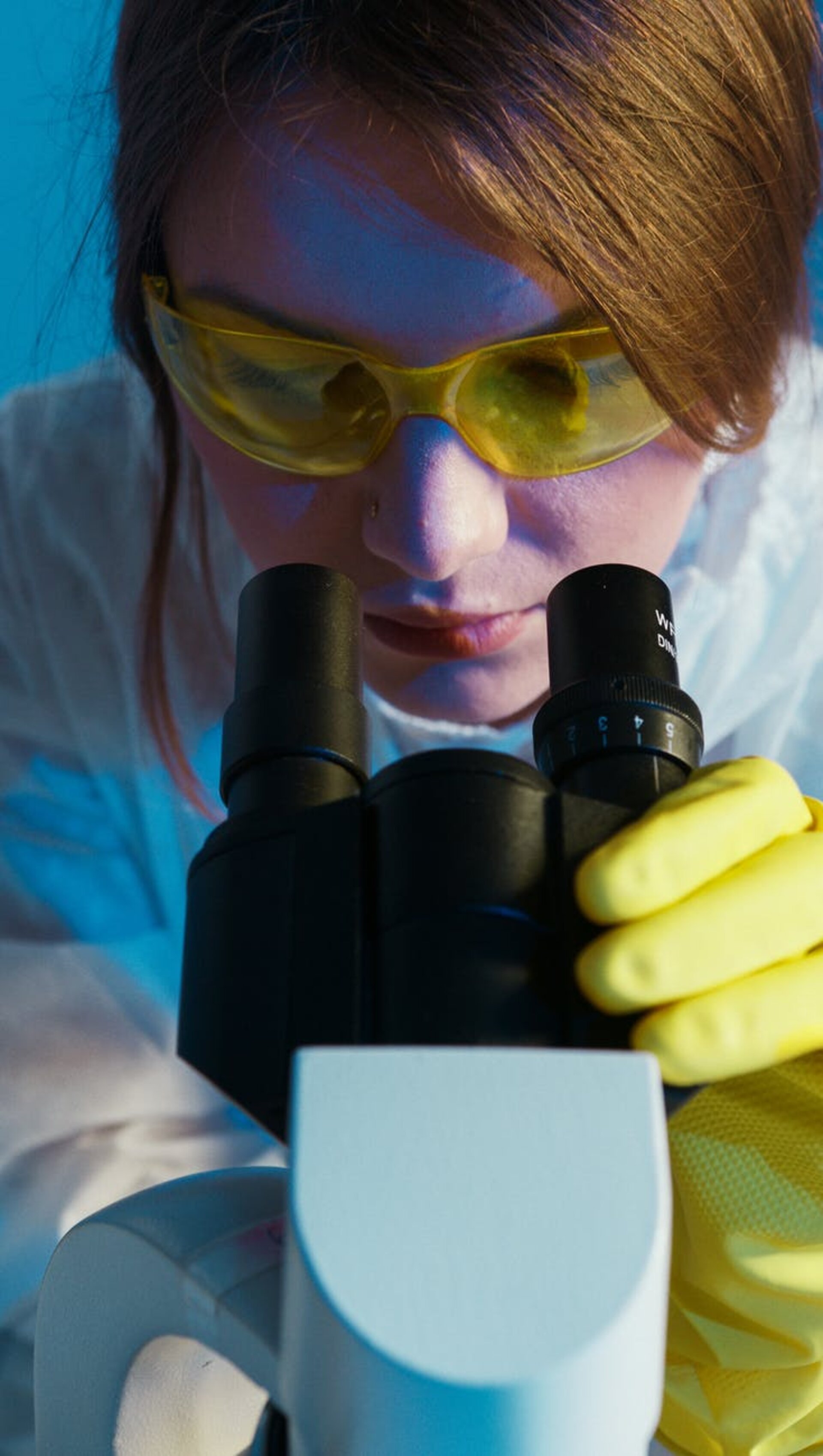11 February: International Day of Women and Girls in Science 2021
Today, ESA reaffirms its commitment to equal opportunities and fully supports the annual call by the United Nations for the recognition of women in science.
Innovation depends on diversity and inclusiveness. Although the gender balance in scientific organisations is slowly improving, women remain particularly poorly represented in many other areas of activity, and particularly so at decision-making level.
The EIROforum is a partnership of eight intergovernmental research organisations committed to ensuring that European science performs to its full potential. On this International Day of Women and Girls in Science, the EIROforum reaffirms its commitment to equal gender opportunities. We fully support this annual call by the United Nations for the recognition of women in science, of their achievements across the globe, and of the difficulties they face.
Our member organisations have taken action over the last 12 months to ensure further progress for gender equality and inclusion. The European Southern Observatory (ESO), for example, has ensured gender balance on its peer review panel and has started to implement dual anonymous peer reviews of the telescope time requests received for its facilities. The Institut Laue Langevin (ILL) guarantees equal opportunities to its staff and a secure anonymised environment to those combatting sexist behaviour. The European Space Agency (ESA) has decided to undertake the EDGE Assessment and Certification process to measure and certify its commitment and results with respect to gender equality in the workplace and has initiated a number of partnerships to promote STEM and space careers and reach out to girls and women, such as with Mattel, STEM Talent Girl, and the Women's Forum for the Economy & Society. The European Molecular Biology Laboratory (EMBL) has held a conference on the impact of COVID-19 on women in science. The European XFEL is for a third time participating in dynaMENT, a mentoring program supporting female phD students and post-doctoral scientists in developing their career; in addition, it launches several virtual events such as a panel talk on the occasion of the International Women's Day and every year invites girls to its premises for a one-day deep insight into practical scientific work at XFEL.
We have also continued to promote mentorship and networking for women in science. Last week, for the fifth edition of CERN’s programme “Women and Girls in Science and Technology”, 41 female scientists and engineers from CERN, University of Geneva and EPFL visited 66 classrooms (some physically, some via videoconference) in France and Switzerland. Serving as ambassadors and role models for over 1300 young listeners between the ages of 7 and 15, they shared their various career path stories and life on-the-job experiences. EUROfusion has held its second Women’s Network event for the female participants at the Virtual Symposium on Fusion Technology, with a view to supporting engagement in high-profile conferences. And the EMBL has launched the pilot run of its mentorship programme – Leadership and Excellence for Aspiring Postdocs – supporting female postdocs claiming leadership positions in academia. These are important steps in the construction of knowledge sharing and a supportive community.
The overall challenge, however, is not only to empower women already at the front, but to nurture those with the talent and motivation from a very young age. Only around 30% of all female students select STEM-related fields in higher education. The ESRF Synchrotron@School programme has been empowering students with hands-on experience in synchrotron science, breaking down gender stereotypes in research and encouraging young women to pursue a scientific career. These are but a few of the initiatives being taken by our member organisations to break down the obstacles hampering women in science; they highlight the efforts being invested for genuine gender equality. What chances are there for Science to meet the challenges humanity is facing today, if women, as one half of the human condition, are prevented from playing their full role? Women will continue as a force for innovation in all areas of science, and the members of the EIROforum remain committed to bridging the gender gap, prioritising equal opportunities for all.


